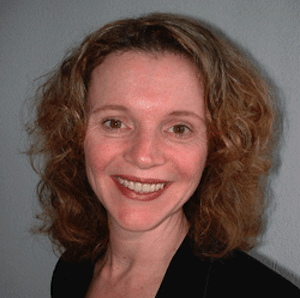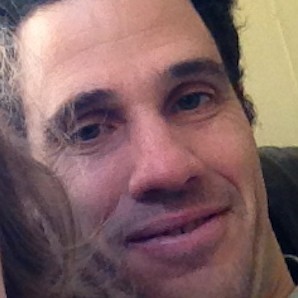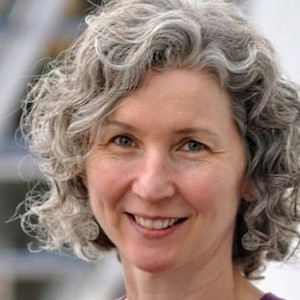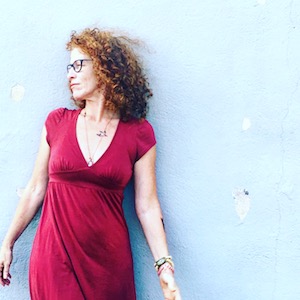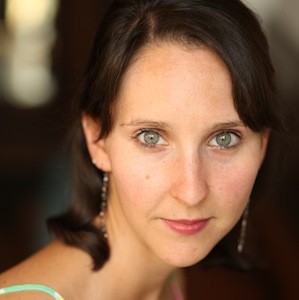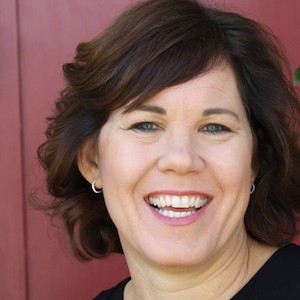Compose Q&A with Tamara Pratt
Please welcome Tamara Pratt, one of our two fiction editors.
Tamara Pratt’s short stories have been published in Australian and USA e-zines and anthologies. She has qualifications in professional writing, and has placed in several short story competitions, including the Glass Woman Prize. In 2011, Tamara was awarded a Fellowship by Eleanor Dark Foundation and stayed at the Varuna Writers’ House where she was mentored by Australian crime author Marele Day. Tamara has authored crime fiction and young adult novels. By profession, Tamara is an Information Technology Project Manager and resides in Brisbane with her husband and three children. Tamara is active in a number of writing groups, and is serving as Vice President of the Fellowship of Australian Writers Queensland (FAWQ).
What is your writing process like?
We often hear about the plotters versus the pansters when writing. I have tried both. I love the freedom of writing without a plan and that sense of fun when letting the story and the characters take you where they want you to go. I’ve also found that much of my fun can dissipate at the editing stage, when I then try to wrestle the story back into something cohesive. In plotting, I lose that sense of mystery on where the story will go because I have planned out fairly meticulously what should happen, and how my characters will behave. I do still go on tangents, steering away from my outline, usually with some level of regret afterwards in the editing stage. Either way, there are pros and cons to each method.
When I have plotted however, I find myself locked into a regular writing process, sitting down each time to write a scene without needing to give much more thought about what to write. Marele Day, an Australian crime writing author, once mentioned in a workshop that a novel has three processes — the first draft (getting the story down), then revisiting that draft to hone in on character behaviours and reactions, and the third is to work the draft from a reader’s perspective.
There may be many more drafts after that, but I think if you can look at each draft serving a particular and focused purpose, it then makes the editing stage a little more bearable. I am also a project manager by profession, and have a natural tendency to want to work with plans, schedules and deadlines. Either way, the goal is to write a first draft, not think too much about being critical of it while writing in order to avoid the self-doubt and fears that can leave many of us giving up about one third of the way into a novel.
Tell us about the most painful and/or the most hopeful rejection letter you’ve ever received. How about your most victorious acceptance?
I must saying having feedback from Random House and Allen and Unwin on reading the full draft of my young adult speculative fiction novel was an affirming experience. While they said ‘no’ and there was much to work on, the fact that it had been in the hands of a publishing house was one part of my journey I found very valuable, because feedback like that can be rare. Every other rejection (and there have been many with novels and short stories) is always hard, but we do work within a subjective industry — some people will like your writing, others not. It’s really about finding the one person who does.
What are your long-term goals for your writing? Where to you hope to be ten years from now?
I have learned that writing is a journey, not a destination. You have to love it (for the most part) because it takes so long to write a novel, even a short story, and it goes through so many iterations, with much critique along the way, and it’s easy to struggle with the writing relationship. It’s a solitary journey too, but that being said, I love the places writing has taken me to in the past few years. I have been to conferences nationally and overseas, I have met wonderful people in writing circles, and experienced the highest of highs, and some of the lowest of lows. My long term goals are to continue to find the confidence in what I love to do, and steer away from the self-doubt. In ten years time, I would love to have published a full length novel, and to continue steadily on that journey, and never tire of writing.
Connect with Tamara at tamarapratt.com, on Facebook, and on Twitter.

